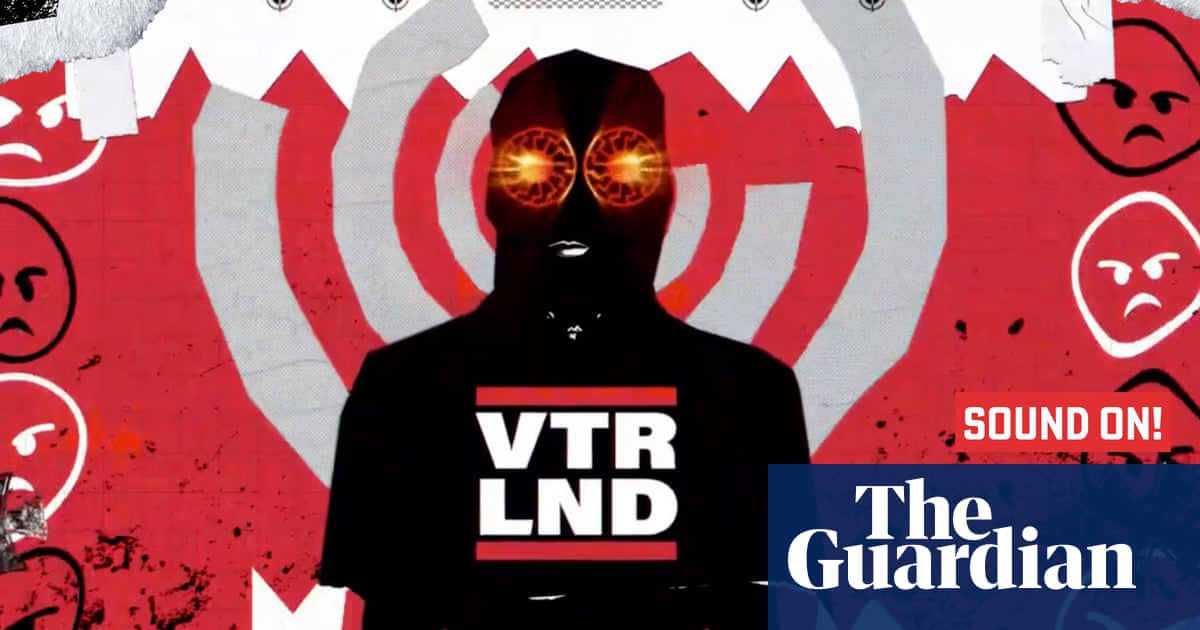
After more than half a dozen rounds of talks between the US and the Taliban, the two sides are reportedly edging closer to a deal. The Afghan peace and reconciliation process has made remarkable progress, which was seemingly unimaginable just a few months ago.
And yet, with this remarkable progress comes a sobering reality: The Taliban has the Americans exactly where it wants them. And we’re now at a point where we must consider the unsettling implications.
Let’s be clear: Practically the entire peace and reconciliation process has played out on the Taliban’s terms. The insurgents have long sought direct, bilateral talks with Washington to negotiate a removal of US troops. And that’s exactly the type of talks they got. The insurgents have not wanted the involvement of any other party — including the Afghan government — in their talks with the US. They got that wish.
The Taliban also wanted to hold talks without first declaring a cease-fire. And, aside from agreeing to a brief truce to coincide with the Eid holiday last year (but not this year), this is exactly what has happened. US negotiators have pressed on with talks even amid some particularly abhorrent recent Taliban attacks, including several mass-casualty assaults that wounded children.
The insurgents have said they are open to a broader intra-Afghan dialogue, so long as Afghan government officials do not attend, or attend only in a private capacity. And that’s actually what has happened.
The kicker came on July 27, when lead US negotiator Zalmay Khalilzad tweeted that intra-Afghan negotiations “will occur only after we conclude our own agreements.” For months, Khalilzad had repeatedly uttered the mantra of “nothing is agreed until everything is agreed.” In other words, Washington would not formally sign on to any agreement — including one on a troop withdrawal — until there are also agreements on other agenda points, including a Taliban commitment to talk to the Afghan government. Yet the US government has now apparently changed its position; once again giving the Taliban what it wants, which is to focus only on a troop withdrawal accord and push everything else aside until that accord is in place.
The Taliban has — from the start — participated in the talks from a position of strength, and therefore wields ample leverage
Michael Kugelman
We shouldn’t be surprised by any of this, given that the Taliban has — from the start — participated in the talks from a position of strength, and therefore wields ample leverage. It is waging robust offensives and holds more territory than at any other time since the arrival of US troops in 2001. Unlike the US, the Taliban has no urgency to conclude a deal. If it doesn’t like what’s on offer, and it isn’t willing to address the demands that are being made, it can simply leave the table — or get the other side to give in to its own terms: Every last one of them.
To be sure, Washington shouldn’t be faulted for this state of affairs. Yes, one should not enter complex negotiations from a position of weakness, as the US has done. But it has little other choice. With the war unwinnable militarily, negotiations are the only option.
Now, however, a moment of reckoning awaits. Soon enough, we will start to see what a peace and reconciliation process carried out on Taliban terms will mean for the US and, more importantly, for the fate of Afghanistan and its long-suffering population.
First off, if, as expected, there is a US-Taliban troop deal, would the insurgents then be willing to stop fighting and start talking to the Afghan government? Or would they simply pocket the troop agreement and return to the fight?
Further down the road, if there is a troop deal and negotiations then begin with Afghan government officials and other stakeholders, would the Taliban abide by any commitments that it makes in such talks — from abjuring violence to agreeing to respect women’s rights? While, in recent years, the insurgents have projected themselves as a new and more moderate “Taliban 2.0,” they are still targeting civilians and offering no reason to believe that they will suddenly become principled advocates for women’s rights.
Ultimately, we can’t answer these questions conclusively because we’re entering uncharted territory. There’s no past precedent for a peace process with the Taliban in Afghanistan, so it is hard to know how the group will respond.
Still, however this all shakes out, it will likely be messy. In a best-case scenario, if the Taliban leadership gets a troop deal and agrees to lay down arms and talk to Kabul, there will be hard-liners — such as battlefield commanders — that may resist and keep fighting, even if there’s a peace deal. Disaffected hard-liners could even join the Afghanistan branch of Daesh, which is not involved in any peace process.
We may be edging closer to an agreement in Afghanistan, but this will only produce more questions, uncertainties and risks.












